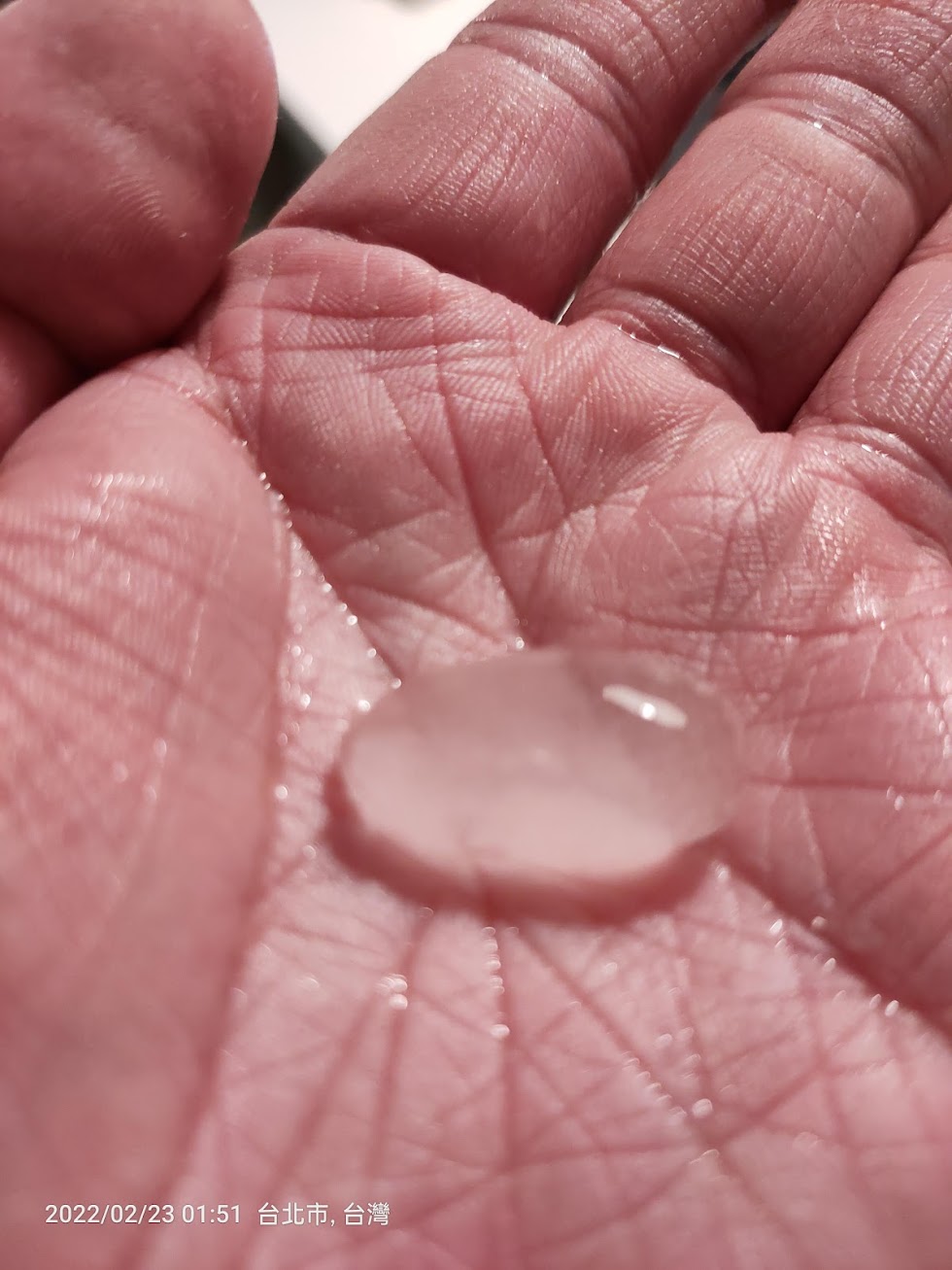【修己揚他/AskSelf】【意念/EN】【場域/FIELD】
很多道理本來就在生活裡,而在於我們過得是怎麼樣的生活?魚兒尚知自己照護環境,以及靠自己的努力製造細微波浪,協助彼此勻質以及場域轉換;那麼我們人類是否也有此美心善意呢?
Many truths are inherent in life, but what kind of life do we live? Fish still know that they take care of the environment, and rely on their own efforts to create subtle waves to assist each other in homogenization and field conversion; so do we human beings also have this kind of beauty?
Do we often thank the heavens and the earth in our hearts? Otherwise, are you ashamed of your ancestors and gods? We should all ask ourselves!
小魚並非有東西吃就爭先搶食,他們在玩的遊戲各位可曾留心欣賞過?不正和我們的孩子們踏著不穩的步伐,彼此追逐和嬉戲的畫面,非常相似嗎?這不正是一種天地間的態度與教養嗎?
The little fish are not rushing to eat when they have something to eat. Have you ever paid attention to the games they are playing? Isn't it very similar to the images of our children chasing and playing with each other at their unsteady pace? Isn't this a kind of attitude and upbringing between heaven and earth?
魚兒供食給予人類,他們自己還需要尋找成長所需的意念及能量來源。各位也可將尋找能量來源視為尋找食物,但顯然並非人類看似獵食或飽足那樣表象。而意念除了魚兒自己自然的生理條件外,更因為有良心仁者與大自然的良善意念,而產生不可思議的梅迪奇效應。
Fish provide food for humans, and they themselves need to find the EN and energy sources they need to grow. You can also think of finding a source of energy as finding food, but it's clearly not what humans think to be hunting or satiating. In addition to the fish's own natural physiological conditions, the EN produces an incredible Medici effect in the universe because of the good intentions of conscientious and benevolent people and nature.


沒有留言:
張貼留言
歡迎留言討論指教!